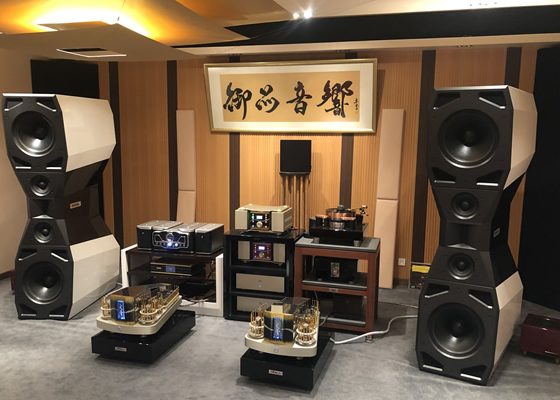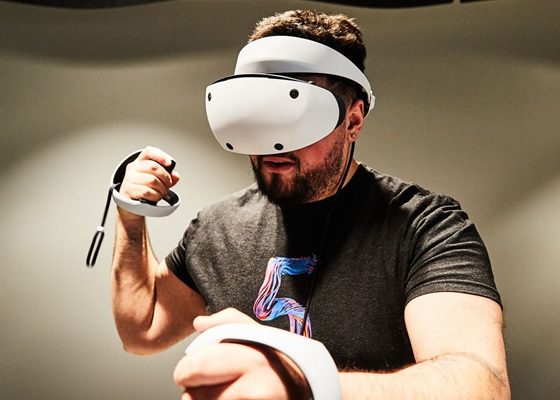In recent years, the intersection of healthcare and technology has given rise to some remarkable innovations, and perhaps none are as accessible and personal as medical wearables. These devices have evolved from simple step trackers to sophisticated tools capable of monitoring our vital signs, detecting diseases, and helping us lead healthier lives. In this article, we will delve into the world of medical wearables, exploring their potential and evaluating some of the best options available.
Introduction
Medical wearables represent a new frontier in healthcare, bridging the gap between traditional medical care and personal health management. These cutting-edge devices come in various forms, from smartwatches to patches, each designed to address specific health needs.
The Rise of HealthTech
The rapid evolution of HealthTech has paved the way for medical wearables, empowering individuals to take control of their health. The availability of advanced sensors and connectivity options has been instrumental in this transformation.
Types of Medical Wearables
Medical wearables can be classified into different categories, each catering to distinct health aspects. Understanding these categories is crucial for choosing the right device for your needs.
Fitness Trackers
Fitness trackers have been a gateway into the world of medical wearables. These devices monitor physical activity, heart rate, and sleep patterns, offering valuable insights into one’s fitness levels.
Smartwatches
The integration of smartwatches into the healthcare landscape has been a game-changer. They go beyond fitness tracking, providing features like ECG monitoring, fall detection, and emergency SOS.
Health Monitoring Patches
These discreet, adhesive patches offer continuous monitoring of specific health parameters, making them ideal for patients with chronic conditions.
Smart Clothing
The emergence of smart clothing has opened up new possibilities for continuous health monitoring. Garments embedded with sensors can track vital signs and offer real-time feedback.
Key Features to Consider
When evaluating medical wearables, several critical features should be considered to ensure they align with your health goals and lifestyle.
Sensor Accuracy
The precision of sensors is paramount. Accurate data is the foundation of informed health decisions.
Data Synchronization
Seamless data transfer to compatible apps or platforms is essential for effective health management.
Battery Life
Long-lasting battery performance ensures that wearables remain functional throughout the day.
User-Friendly Interface
Intuitive interfaces make it easy for users to navigate and interpret the data collected.
Medical Wearables in Chronic Disease Management
For individuals living with chronic conditions, medical wearables can be invaluable tools. They enable continuous monitoring, early detection of health issues, and timely intervention.
Diabetes Management
Wearables with glucose monitoring capabilities can help diabetics manage their condition more effectively.
Cardiovascular Health
ECG-enabled wearables assist in detecting irregular heart rhythms and potential cardiac issues.
Respiratory Health
Asthma and COPD patients benefit from wearables that monitor lung function and air quality.
The Future of Medical Wearables
The evolution of medical wearables shows no signs of slowing down. Future developments may include AI-powered diagnostics and even more sophisticated health tracking.
Privacy and Security Concerns
As we rely more on medical wearables, it’s essential to address the potential privacy and security risks associated with collecting and storing sensitive health data.
Data Encryption
Robust encryption methods safeguard health data against unauthorized access.
Compliance with Regulations
Wearable manufacturers must adhere to strict regulations to protect user data and maintain trust.
The Best Medical Wearables in 2023
Let’s explore some of the top medical wearables available on the market in 2023.
Apple Watch Series 7
With ECG, fall detection, and a host of fitness features, the Apple Watch Series 7 continues to set the standard for smartwatches.
Fitbit Charge 5
The Fitbit Charge 5 excels in fitness tracking and offers an impressive battery life.
BioIntelliSense BioSticker
This health monitoring patch provides comprehensive data and is ideal for continuous health tracking.
Conclusion
Medical wearables have come a long way, revolutionizing how we approach our health and well-being. As technology continues to advance, the integration of these devices into our lives will only become more seamless and beneficial. When choosing a medical wearable, consider your health goals and lifestyle, and select a device that aligns with your needs, providing you with the insights and support required to lead a healthier life. The future of healthcare is wearable, and it’s an exciting journey to be a part of.



